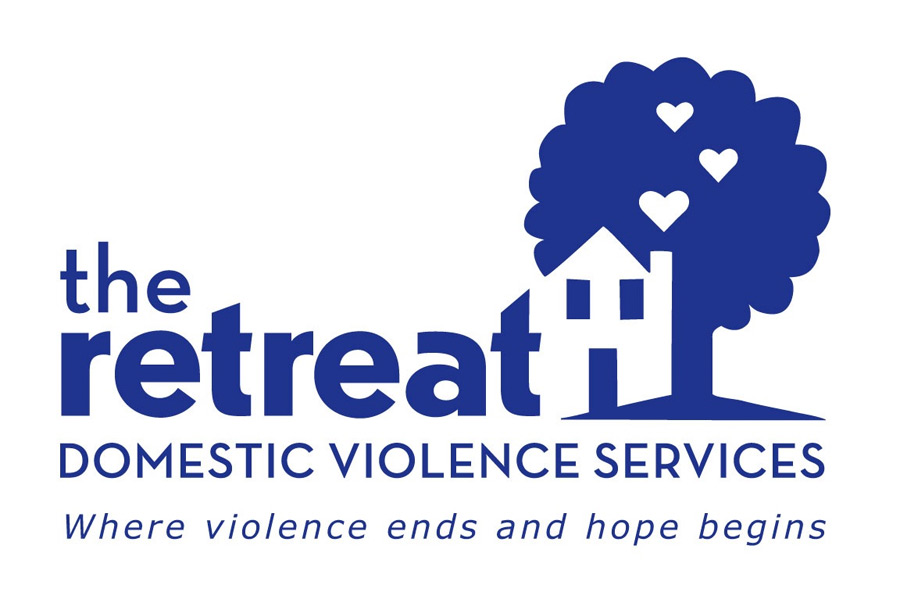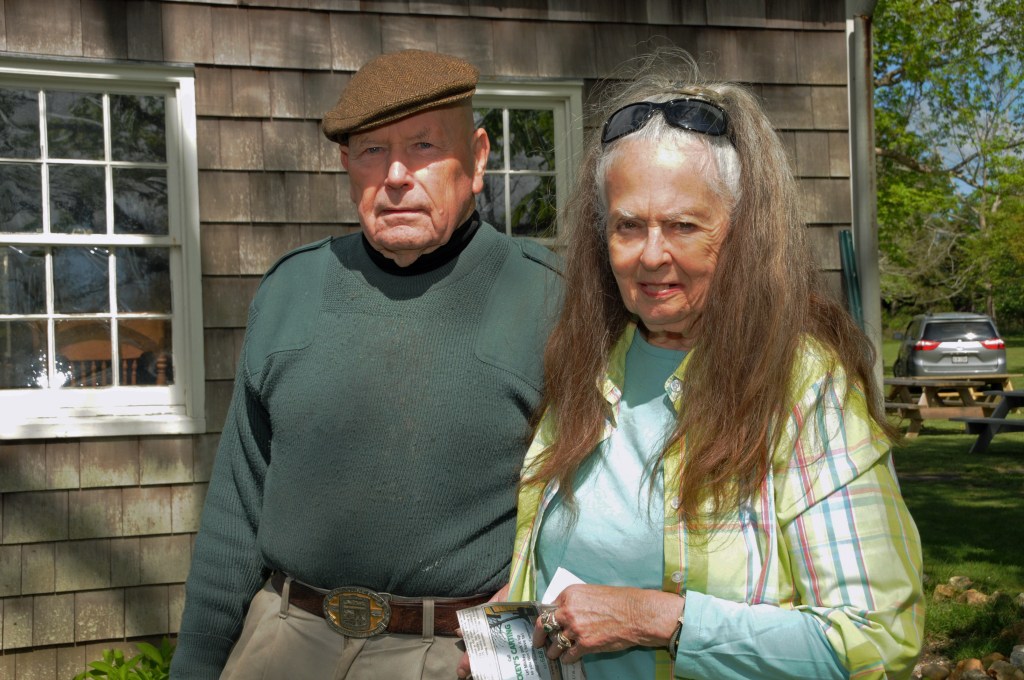The Retreat Provides Help, Hope and a Haven in All Times of Crisis

“Life is being re-imagined at every level with this worldwide pandemic,” says Loretta Davis, Executive Director of The Retreat. As with countless organizations that provide vital services to our community, The Retreat has been forced to adjust to the unique challenges presented by the COVID-19 virus while maintaining its life-saving resources. Since 1987, the East Hampton–based organization has been a safe haven for families in crisis, providing domestic violence and sexual assault services along with education to families, friends and neighbors in Suffolk County.
“We have made creative adjustments to continue to offer our services to the most vulnerable in our midst. We want to be clear that the agency is not closed.
“The hotline has been re-routed to staff members at home, counselors are providing telephone sessions, advocates are connecting people to resources they need, and our attorney is providing online options while the courts are closed to the public,” Davis continues. “Our shelter remains open and available to individuals and families in need, and our education department is working to create online programming.”
During times of crisis, natural disaster and epidemics, Davis notes, the risk of gender-based violence escalates. The majority of spousal abuse takes place at home, and during this pandemic, a number of factors contribute to the potential and expected rise in domestic violence incidents.
The Deputy Director of the United Nations told Time magazine that the very technique we use to protect people from the virus can perversely impact victims of domestic violence, Davis adds. And therein resides one of the great issues facing The Retreat and those it strives to help.
“We must isolate to control the virus spread, but isolation is exactly what abusers do to their victims to keep them from interacting with friends and family. Domestic violence is about power and control,” she says. “This pandemic forces victims to stay at home in close proximity to the abuser, creating circumstances that alter their safety.”
The victim who might normally be able to leave the house, take the kids to school, go shopping, she adds, is now in close proximity at all times to the abuser. As the abuser feels more stress, and feels out of control from perhaps a loss of income or noisy children or close quarters, both spouses and children are at risk. The National Domestic Violence Hotline reports that growing numbers of callers say abusers are using COVID-19 as a reason to either further isolate them from friends and family or threaten them with withdrawal of funds or food, even threatening that they will throw them out if they get sick, withholding medical assistance.
Although the norm of social interactions has changed so quickly and drastically, there are ways people can still help and take action:
— Be alert to friends and family members who you know or suspect may be in an abusive relationship.
— Check in with them. Are they being evasive, do they seem unusually distant? Do they hang up or interrupt your conversation abruptly?
— Give them a list of resources and phone numbers, and make sure they know you are there for them.
“Now more than ever, those of us who are strong and healthy and able to cope must help those at risk and those in the middle of domestic violence situations. If you suspect someone is in trouble, reassure them that there is help available.
“Organizations like The Retreat are open and serving clients every day during this pandemic,” Davis says. “Across Long Island, other similar agencies are working hard to make services, including phone counseling, available.
“The Retreat staff, board and supporters have been working hard, and I am in awe of them all. We are providing services remotely and are available for phone counseling, legal, advocacy and case management remote services. Court access is available through conference calls. Our shelter is available, and we have staggered work schedules there.
“We are getting support for our elderly isolated clients who have no food and no transportation and live in remote areas. We have approved donations of supplies to the shelter—all deliveries must be approved—and the community is responding in positive ways. A donor, a known volunteer, delivered school supplies, basic food supplies—eggs, milk, groceries—and cupcake mixes, icing, table clothes, sprinkles and more as a project for our kids and adults at the shelter. These are essentials, too, in these times of stress.
“The best advice we can give is to be kind to everyone, even if you have to do it from six feet away,” Davis reminds everyone. “Fear and anxiety raise levels of stress and anger. It’s important to remain calm and practice kindness.”
The Retreat 24-Hour Hotline: 631-329-2200.
Deaf Crisis Line at VP 321-800-3323
Get more information at theretreatinc.org.









